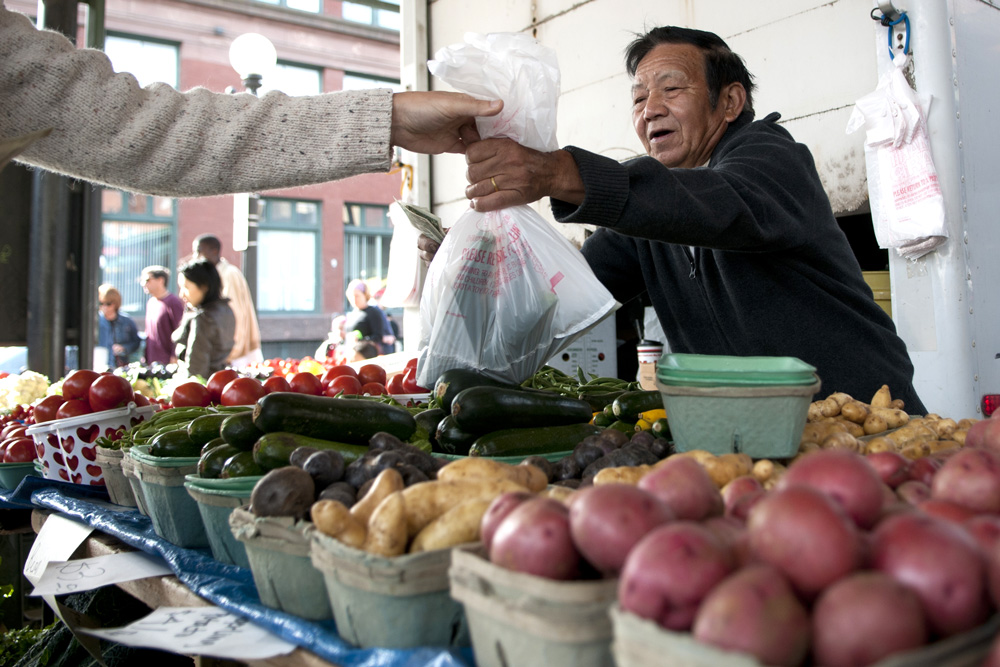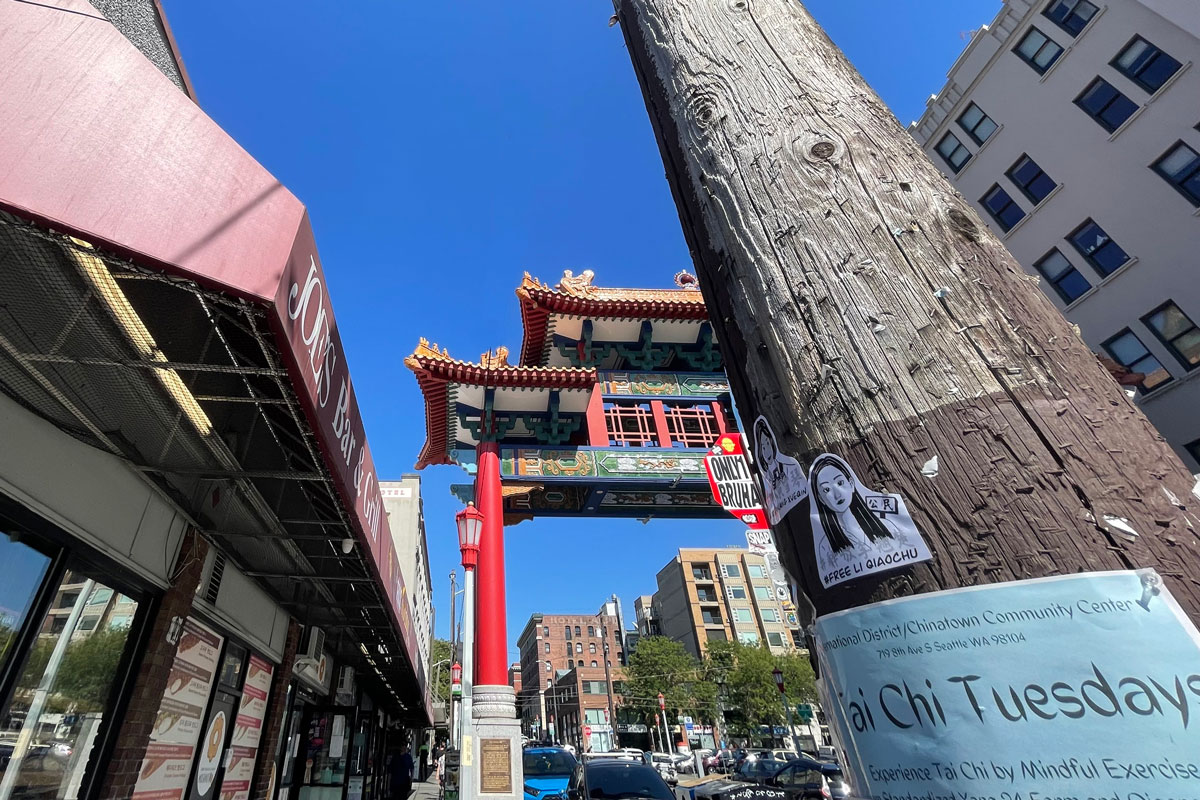Today’s global food chain relies on low-paying, high-risk jobs that are often held by people experiencing stiff barriers to other employment choices. A disproportionately high number of these workers come from our priority communities: Native Americans, communities of color, immigrants, refugees, and people in rural areas.

The Partners Supporting the Movement
The Power of Community-Based Food Systems was created by the Food Systems Leadership Network, through a partnership among:
Dream of Wild Health, an intertribal nonprofit based in Minneapolis, works to restore health and well-being in the Twin Cities Native community by recovering knowledge of and access to healthy Indigenous foods, medicines, and lifeways.
Ecotrust, a Portland, OR–based nonprofit, fosters a natural model of development to create more resilient communities, economies, and ecosystems.
Lake County Community Development Corporation in Lake County, MT, offers financial, business, and community development services, including a food business incubator and processing center, for three Montana counties and the Flathead Indian Reservation.
Real Food Media, a women co-led organization with one of its three national offices in Minneapolis, provides strategic communications support to organizations working toward food justice and food sovereignty.
Wallace Center, a national organization, is a leader in the development of regional farming and food systems.
Northwest Area Foundation and the W.K. Kellogg Foundation helped fund the effort.




